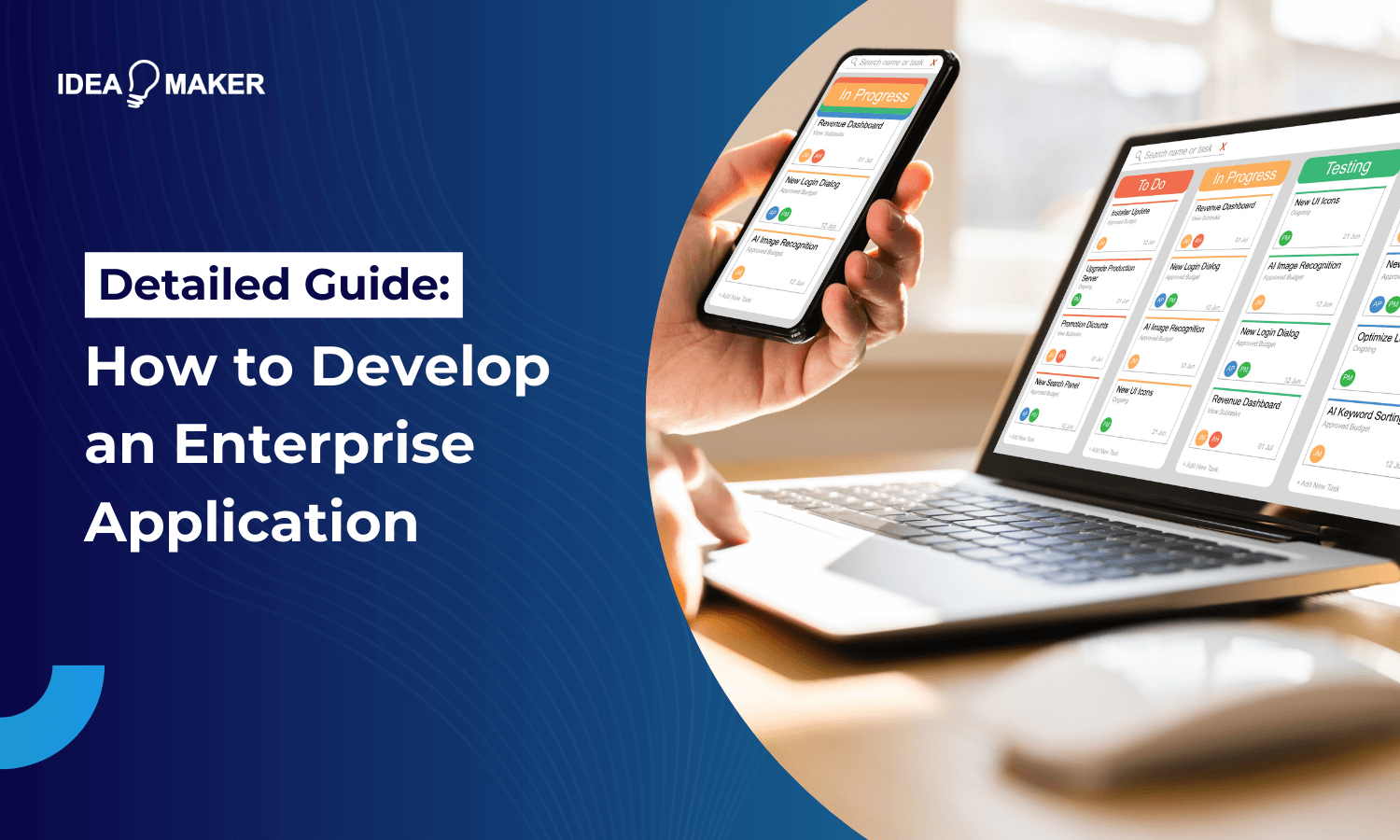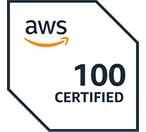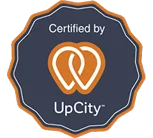Did you know that, in 2018, 53% of IT executives named enterprise resource planning as an investment priority? Since then, the use of this software has become increasingly widespread in industries across the board, with 63% of companies planning to implement an ERP in their own operations within the next three years.
As a result, for business owners, it’s crucial to understand the advantages of investing in an ERP system. In this article, we’ll discuss what ERP software is and what it can do for your business. Keep reading to learn more.
Table of Contents
What Is Enterprise Resource Planning Software?
Aimed at ensuring optimal performance, an ERP refers to a type of enterprise software that enables businesses to integrate different aspects of their operations into one complete system.
With it, businesses can manage daily business tasks and processes in different company departments, including customer service, human resources, sales, and accounting. This means businesses can easily share information throughout their company, streamline their operations and boost their overall efficiency.
Is ERP Software for Small Businesses?
While ERPs were originally developed for enterprise-level companies, that doesn’t mean that small businesses can’t still take advantage of its many benefits. In fact, for small businesses, the ability to manage all company information from one platform can be especially beneficial; hence why over 75% of small businesses utilize ERPs in their operations.
This is because ERPs can help facilitate the growth of your small business by lowering your expenses, eliminating human errors and improving overall efficiency. As a result, this type of software is perfect for small companies that don’t have a large number of employees to carry out time-consuming tasks.
10 Benefits of ERP Systems for Small Businesses
ERP systems come with a myriad of benefits, especially for small businesses. Here are just a few ways that investing in this type of software can ensure your business is on the path to success.
Improved Customer Relationship Management
By streamlining your processes, including your shipping operations, ERPs can be used to make sure that your products reach your customers as quickly as possible. This helps boost the overall user experience, as you can offer your customers reliable order tracking and shipping notifications.
Additionally, with an ERP, you can integrate your CRM system into your software, enabling prompt and efficient customer service. This will also provide you with access to all your customers’ purchase histories, allowing your business to automate personalized offers and discounts based on their buying preferences.
Reduced Inventory Errors and Losses
An ERP can help your business effectively manage your inventory by automating processes like stock purchasing, helping to maintain your stock level and inventory needs, and ensuring all processes are in sync.
By automating inventory processes, businesses will no longer have to manually count inventory and input data into spreadsheets. This not only decreases the chances of human error, but also helps reduce the likelihood of excess inventory, helping you better predict customer demand.
View Detailed Reports and Analytics Easily
Because ERP software collects all your business’ information into one system, it can create visual reports from your data to discover key performance metrics related to your overall operations.
This means businesses can access detailed charts and graphs that reveal important trends and patterns in their sales based on historical data. With this insightful information, you can better predict future demand, elevate your understanding of your customers’ purchasing preferences and enhance your business’ decision-making process.
Improve Task Management
ERPs provide efficient project management tools, allowing you to manage every aspect of your business, including customer relations, employee performance, and scheduling, to improve task management.
The software can be used to update tasks with specific details, monitor workflow and ensure employees aren’t assigned to the same tasks, helping to make sure that every task is completed on time. You can also automate certain tasks, enabling you to easily manage multiple projects at one time and boosting project planning.
Streamline Your Processes
ERP software allows businesses to streamline their processes, ultimately helping to increase work quality, reduce errors and improve customer satisfaction by automating manual tasks.
This software will also enhance communication across your company’s departments, reducing errors and misinformation, as all necessary data is contained in one system that can be accessed by all employees. Since employees are able to locate and retrieve important data easily, this will ensure accuracy and maximum productivity.
Improved Data Security
ERP software comes fully equipped with robust security measures that protect sensitive information through encryption, access controls, and audit trails. This means that only authorized users will have access to your business’ data and all activity in the system will be recorded for routine checks for suspicious activity.
Additionally, thanks to end-to-end data monitoring, ERPs provide businesses with a complete view of their operations, enabling easy identification of any security vulnerabilities. Alert systems can also be implemented to notify businesses of any potential threats in real time, allowing the opportunity for you to swiftly take action in the case of a security breach.
Better Predict Stock Requirements
ERP software will help you understand your current inventory, as well as how much will be needed for future customer demands, enabling your business to manage your inventory more efficiently, prevent stockouts, and reduce overstocking.
Through automation, the software provides future stock demands based on historical data and sales trends, accurately telling you exactly what products you need in stock, as well as the amount of the products needed.
Labor Optimization
Through real-time data, ERP software can be used to provide insights into how employees are spending their time, allowing businesses to easily track employee productivity and progress made on tasks and projects. This helps optimize labor and increase employee productivity by easing the processes of planning, scheduling, and allocating resources.
You can also decrease your business’ labor costs through automation, which helps to reduce employee workloads, as well as the time and effort spent completing manual, tedious tasks such as creating employee schedules.
Cost-Saving
ERPs can help businesses save money in a variety of ways. For example, by investing in one system for the entire business, you can eliminate the need of having to purchase multiple software solutions for each department.
ERPs also enhance inventory management, ensuring businesses don’t purchase too much or too little of a product, and automate various time-consuming tasks like data entry, reducing human errors and freeing up employees to focus their time and efforts on more important projects.
Gain a Competitive Advantage
Investing in ERP software will also help your business gain a competitive advantage by streamlining operations in order to increase efficiency, flexibility, and scalability. Additionally, ERPs ensure businesses can truly understand their customers, allowing for more personalized and better-targeted marketing campaigns.
As a result, with an ERP, your business will certainly stand out amongst the competition, as you will be able to continuously improve your operations based on real-time data and evolve to meet changing customer demands.
Enterprise-Level Software Development From Idea Maker
As experts in web and software development, Idea Maker has worked extensively to build custom enterprise solutions for businesses in a variety of industries. Our experienced designers and developers are dedicated to working alongside clients to deliver results that exceed expectations. Schedule a free consultation with us today to learn more about how our services can help elevate your business.











